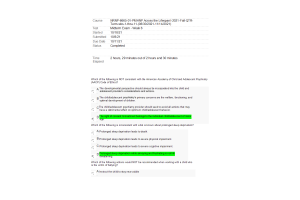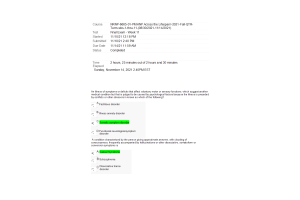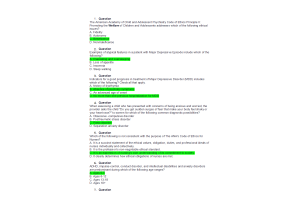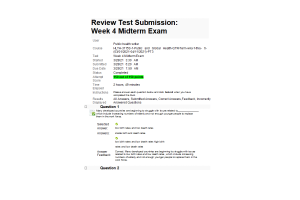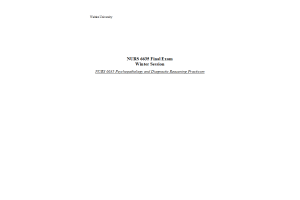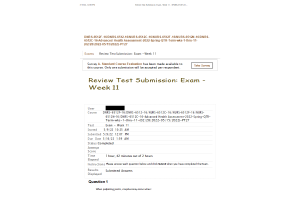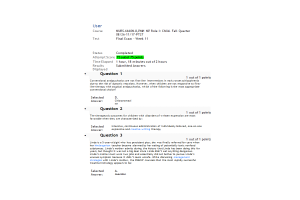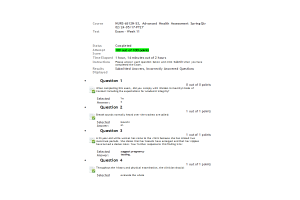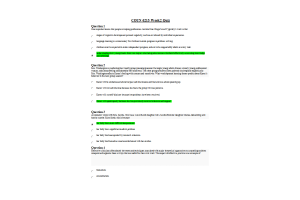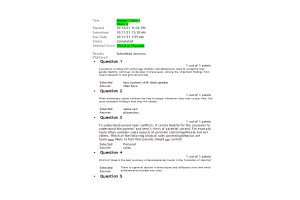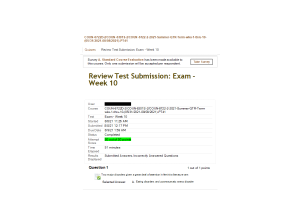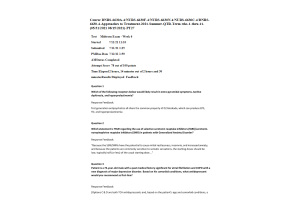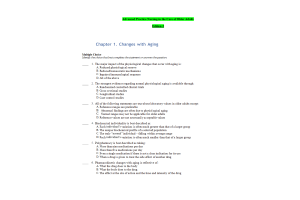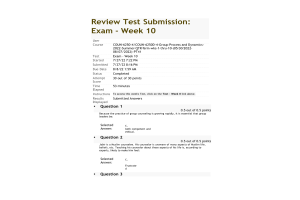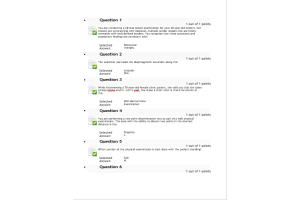NURS 6501 Week 6 Midterm Exam
- $39.00
- Question: A patient is in severe shock and is receiving vasopressin. A student asks the health care professional to explain the rationale for this treatment. What response by the professional is the most accurate?
- Question: What are blood pressure variations associated with?
- Question: A person wants to know if eating only plant-based foods is advisable as away to cut cholesterol to near zero levels. What response by the healthcare professional is best?
- Question: A student asks why some vaccinations are given orally and some are given by injection. What response by the professor is best?
- Question: A healthcare professional is working with a person who drinks several 6- packsofbeeraweek.Whattestingdoestheprofessionalencouragethepersontoget?
- Question: Within a physiologic range, what does an increase in left ventricular end- diastolic volume (preload) result in?
- Question: People diagnosed with neurofibromatosis have varying degrees of the condition because of which genetic principle?
- Question: The data reporting that sickle cell disease affects approximately 1 in 600 American blacks is an example of which concept?
- Question: A person has hypothyroidism. What chemical does the healthcare professional advise the person to include in the diet?
- Question: A patient has been diagnosed with a renal stone. Based on knowledge of common stone types, what self care measure does the healthcare professional plan to teach the patient when stone analysis has returned?
- Question: A professor has taught a student about skeletal alterations seen in chronickidneydisease.Whichstatementbythestudentindicatestheprofessorneedstogivemore information?
- Question: What pathologic change occurs to the kidney's glomeruli as a result of hypertension?
- Question: A professor has taught the students about the sources of increased ammonia in patients with he paticence phalopathy. What statement by a student indicates the professor should review this material?
- Question: What physical sign does the healthcare professional relate to the result ofturbulent blood flow through a vessel?
- Question: A student asks the professor how a faulty negative-feedback mechanism results in a hormonal imbalance. What response by the professor is best?
- Question: A class of students has learned about contributing factors to duodenal ulcers.Whatstatementindicatestotheprofessorthatthestudentsneedareview?
- Question: The action of platelet-derived growth factor is to stimulate the production of which cells?
- Question: What part of the kidney controls renal blood flow, glomerular filtration, and renin secretion?
- Question: A patient has been diagnosed with primary emphysema but claims there is no history of smoking. What action by the healthcare professional is most appropriate?
- Question: The student asks the professor to explain what characteristic isdemonstrated by lungs with decreased compliance?
- Question: The student wants information about a patient's renal function. What test does the healthcare professional tell the student to evaluate?
- Question: Which hormone is required for water to be reabsorbed in the distal tubule and collecting duct?
- Question: When comparing the clinical manifestations of both diabetic keto acidosis (DKA) and hyperglycemic hyperos molar nonketotic syndrome (HHNKS), which condition is associated with only DKA?
- Question: A patient had a thyroidectomy and now reports tingling around the mouth and has a positive Chvostek sign. What laboratory finding would be most helpful to the healthcare professional?
- Question: A parent wants to know how to prevent type 1 diabetes in the newborn. The healthcare professional explains that prevention is not possible, because which of these is a major characteristic of type 1 diabetes mellitus?
- Question: A student asks the healthcare professional to explain the function of the papillary muscles. What response by the professional is best?
- Question: The Bainbridge reflex is thought to be initiated by sensory neurons inwhich cardiac location?
- Question: A healthcare professional is caring for four patients. Which patient does the professional assess for neurogenic diabetes insipidus (DI)?
- Question: A patient suffered multiple traumatic injuries and received many blood transfusions within a few days of the injuries. For which medical condition should the healthcare professional monitor the patient for?
- Question: A patient has portal hypertension-induced splenomegaly. Which lab value would the health care professional associate with this condition?
- Question: A healthcare professional tells a student that a patient has lost atrial kick. What would the student expect to see when examining this patient?
- Question: Which primary characteristic is unique for the immuneresponse? Selected Answer: The immune response is specific to the antigen that initiatesit.
- Question: Why is leakage of lysosomal enzymes during chemical injuries significant?
- Question: A healthcare provider notes that tapping the patient's facial nerve leads to lip twitching. What electrolyte value is correlated with this finding?
- Question: What are tumor cell markers? Selected Answer: Hormones, enzymes, antigens, and antibodies that are produced by cancercells
- Question: A Rh-negative woman gave birth to a Rh-positive baby. When discussing Rho[D]immune globulin with her, what information should the healthcare professional provide?
- Question: If a patient develops acidosis, the nurse would expect the oxy hemoglobin dissociation curve to react in which manner
- Question: What is the role of reverse transcriptase in HIV infection?
- Question: During acidosis, the body compensates for the increase in serum hydrogenionsbyshiftinghydrogenionsintothecellinexchangeforwhichelectrolyte?
- Question: A female patient has been diagnosed with an uncomplicated urinary tract infection. What self-care measure does the healthcare provider teach the patient that is specific to this type of infection?
- Question: During the cardiac cycle, why do the aortic and pulmonic valves close aftertheventriclesrelax
- Question: What is the blood type of a person who is heterozygous, having A and Balleles as codominant?
- Question: Where is two thirds of the body's water found?
- Question: The student asks the professor why water and electrolytes are transportedinbothdirectionsthroughtightjunctionsandintercellularspacesratherthanacrosscell membranes. What response by the professor is best?
- Question: A healthcare professional is assessing a child who has complete trisomy ofthetwenty-firstchromosome.Whatfindingsdoestheprofessionalrelatetothiscondition?
- Question: A patient had a motor vehicle crash and suffered critical injuries to the brainstem. What physiological responses would the healthcare professional expect to see?
- Question: How do free radicals cause cell damage?
- Question: What is the only surface inside the nephron where cells are covered with micro villi to increase there absorptive surface are a called?
- Question: What causes the edema that occurs during the inflammatory process
- Question: After a partial gastrectomy, gastric bypass, or pyloroplasty, clinical manifestationsthatincludeincreasedpulse,hypotension,weakness,pallor,sweating,anddizzinessare the results of which mechanism?
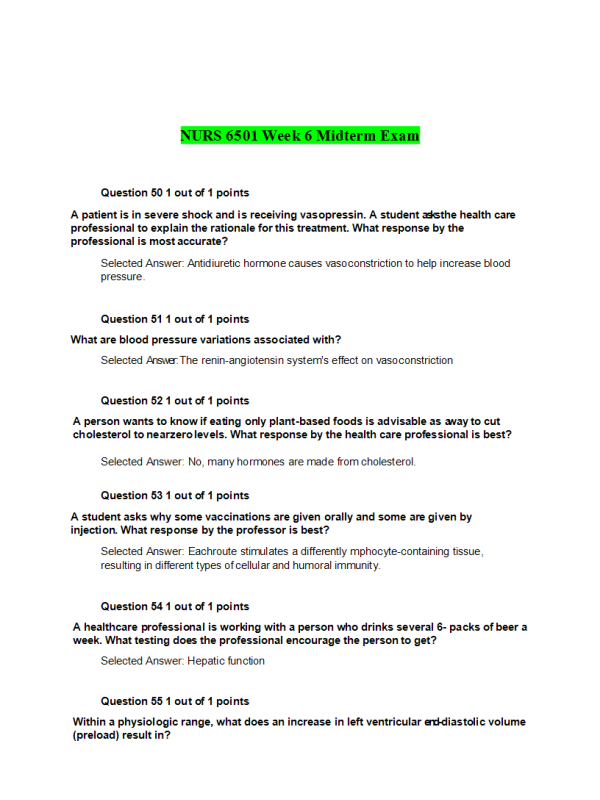
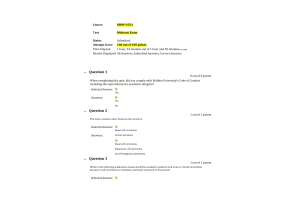
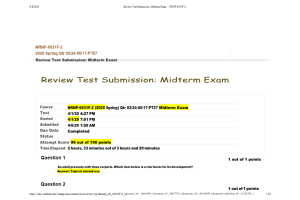
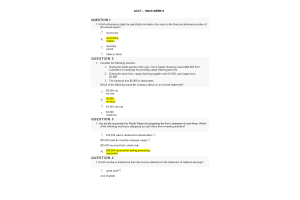
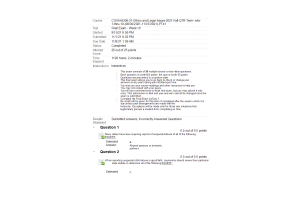
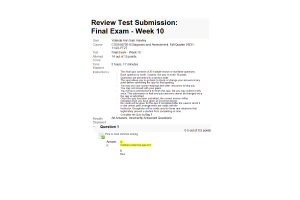
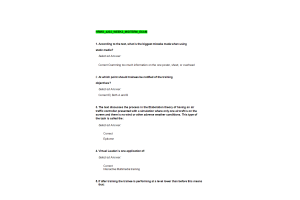
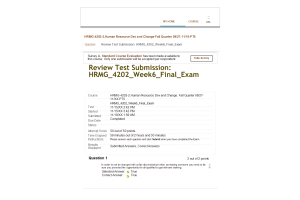
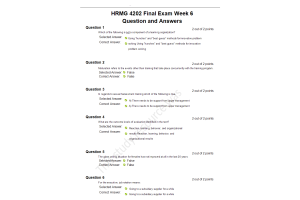
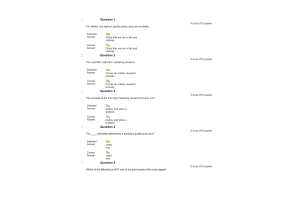
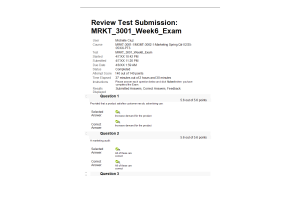
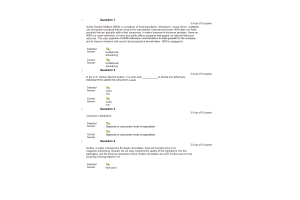
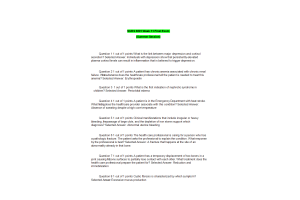

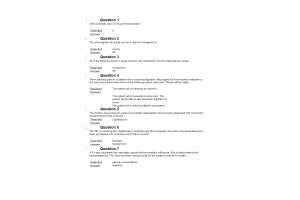
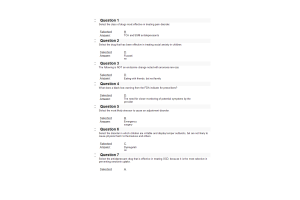
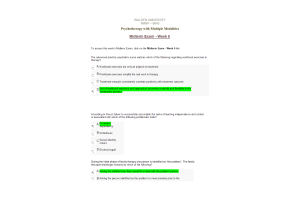
-300x200.png)
